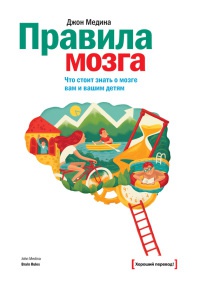Книга Сон. Почему мы спим и как нам это лучше всего удается - Петер Шпорк
На нашем литературном портале можно бесплатно читать книгу Сон. Почему мы спим и как нам это лучше всего удается - Петер Шпорк полная версия. Жанр: Книги / Психология. Онлайн библиотека дает возможность прочитать весь текст произведения на мобильном телефоне или десктопе даже без регистрации и СМС подтверждения на нашем сайте онлайн книг knizki.com.
Шрифт:
-
+
Интервал:
-
+
Закладка:
Сделать
Перейти на страницу:
Перейти на страницу:
Внимание!
Сайт сохраняет куки вашего браузера. Вы сможете в любой момент сделать закладку и продолжить прочтение книги «Сон. Почему мы спим и как нам это лучше всего удается - Петер Шпорк», после закрытия браузера.
Книги схожие с книгой «Сон. Почему мы спим и как нам это лучше всего удается - Петер Шпорк» от автора - Петер Шпорк:
Комментарии и отзывы (0) к книге "Сон. Почему мы спим и как нам это лучше всего удается - Петер Шпорк"
























